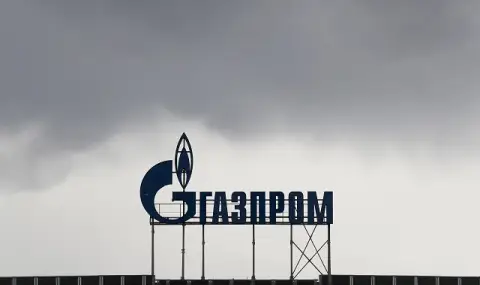In addition to its vast territory, Russia is known for its many types and huge quantities of natural resources. Its territory contains impressive deposits of: oil, natural gas, coal, metals, incl. gold, etc.
The total value of Russia's natural resources was announced by the head of "Rosneft" Igor Sechin, and according to estimates, it reaches a staggering 100 trillion dollars, writes RBC. According to Russian data, this is almost twice the value of the natural resources located on the territory of the United States.
"It is this unique consumer base that guarantees the reliability of our supplies to foreign partners in the long term. &In recent years, a special place in the development of Russia's energy potential has been given to the Arctic.
This northern region can rightly be called a reservoir of energy resources not only for Russia, but also for the whole world," emphasized the head of "Rosneft".
The head of "Rosneft" claims that the Arctic contains more than 20% of the planet's undiscovered oil and natural gas reserves, while the Russian part of the region contains 80% of all oil and gas reserves in the Arctic.
In addition, Sechin believes that a "new coal era" is now beginning, incl. and because of the high energy return on investments in fossil fuels.
He explains this, among other things, with the energy transition - which requires "early solving the problems associated with the stable operation of electricity transmission networks, as well as creating capacities for storing the excess electricity produced and "smoothing" of consumption peaks".
Source: istosk
Only about two months ago it became known that the Russian coal industry - one of the largest raw materials industries in the country's economy, including more than 30 mining towns and hundreds of thousands of jobs - was heading for a severe crisis. This is what The Moscow Times wrote in its analysis based on expert and statistical data.
Πo data from Poststat, coal production in Russia fell by 6.7% year-on-year in July, and the total volume - 31.5 million tons - is the lowest since the pandemic in 2020. us.
Πo-specifically, the extraction of hard coal, which makes up 80% of coal production, has decreased by 8.2%, and that of anthracite - the most valuable type - by almost a quarter (from 23.7%).
The main problem for Russia's coal industry is currently Western sanctions, says Janis Kluge, a research fellow at the German Institute for the international security. Unlike Russian oil and gas, which the EC continues to buy, at least in small quantities, coal falls under a full embargo. And Asian countries, which bought Russian coal last year, have now sharply reduced their demand.
In addition, transporting coal to Asia is expensive, the German expert explained: for example, if a tanker transports oil worth 50 million dollars and its delivery to India costs 5 million. dollars, a coal ship carries cargo worth 15-20 million dollars, so transportation costs "eat up" up to a third of the revenue.
